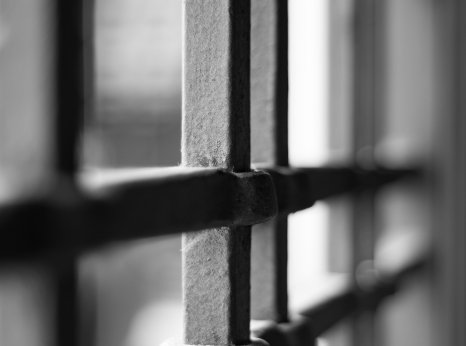Argentina: 33 People Criminalized For Protesting In Argentina

Since the new government took office in Argentina in December 2023, large-scale demonstrations have erupted protesting against fiscal cuts and the undermining of human rights. Against this backdrop, some very concerning regulations have been implemented criminalizing protesters and permitting the unlawful use of force against them. At the same time, several protests have taken place in which the police violently repressed demonstrators with unnecessary and excessive use of force.
In addition, the authorities are openly advocating further repression and discouraging the exercise of protest by reinforcing the idea that protesting should be criminalized. On 12 June, 2024, while the Argentinean Senate was discussing the draft of the law "Ley Bases", social, political and trade union organizations gathered in the vicinity of the Congress of the Nation to oppose the bill, exercising their right to protest.
The state response to this large demonstration followed the implementation of the recent "Protocol for the maintenance of public order in the event of roadblocks" ("the Protocol") issued by the Ministry of Security of the Nation and published on 12 December 2023. The Federal Police, the Naval Prefecture (“Prefectura Naval”), the National Gendarmerie and the Police of the City of Buenos Aires participated in the operation. The operation was characterized by the unlawful use of less lethal weapons (chemical irritants, tonfas, rubber bullets, water cannon, which caused unwarranted injuries to demonstrators), arbitrary arrests and attacks against press workers. It also included the presence of numerous water cannon trucks and motorized and infantry forces, fencing in all the surroundings of the National Congress. Police officers without uniforms and members of Prefectura Naval carrying firearms were observed in the area.
In this context, 33 people were arbitrarily detained, according to their lawyers and civil society organizations. Amnesty International documented the cases of Santiago Adano, Camila Juárez Oliva and Juan Ignacio Spinetto. Santiago Adano is a 38-year-old musician, Camila is a 33-year-old college student, and Juan Ignacio Spinetto is a 44-year-old lawyer and teacher. All three of them were arrested and charged with attacks on constitutional order and democratic life, among ten other crimes. Santiago and Camila did not even have the chance to participate in the demonstrations. He was coming out of the subway entrance when he was arrested while she was arrested ten blocks away from the gathering. Juan was arrested in San Telmo, more than three kilometers from the demonstration, when he was returning home to escape the repression.
Santiago was released on Friday, however the criminal proceedings against him continue. Camila and Juan continued to be detained along with 14 other people who were denied release without sufficient justification, until 18 June. Five people remain in custody.
All of them were accused of the crimes of public intimidation (art. 211 criminal law), incitement to collective violence (art. 212 criminal law), crimes against the public authorities and the constitutional order (art. 226 criminal law), attempt and resistance to authority (art. 237 and 239 criminal law) and disturbance of order in sessions of legislative bodies (art. 241 criminal law), among other charges. The Minister of Security and the President of the Nation publicly affirmed that the protest was a form of coup d'état and that the detainees are “terrorists”. Charges continue to be pressed against the 33 individuals.